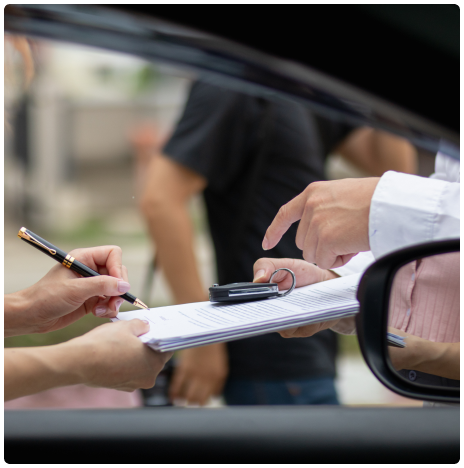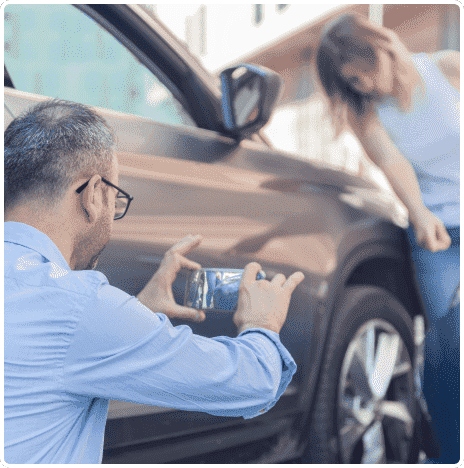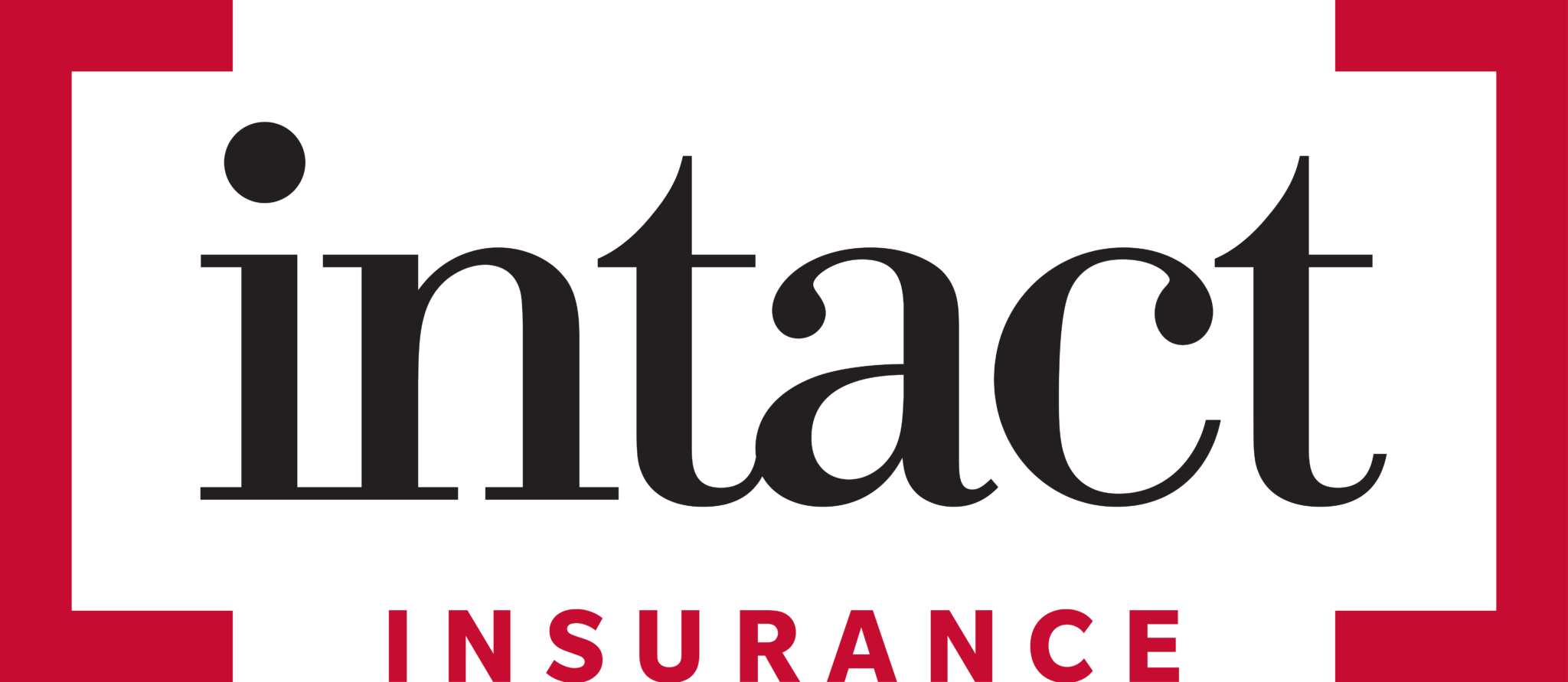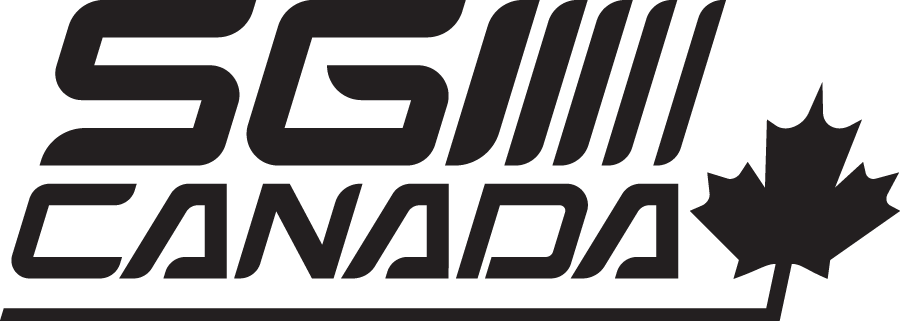Car Insurance High Prairie

Economical Car Insurance for High Prairie Drivers.
Whether you live in High Prairie or commute from Grande Prairie for work (200 km away), car insurance is a necessity to get you from A to B. Whatever your mood or your destination, we help you get superior insurance protection for on and off the road.
Why should I choose Sharp Insurance as my brokerage in High Prairie?
At Sharp Insurance, we cut through the complex nature of insurance to get you the help you need, exactly when you need it. We don’t fluff the details; we give it to you straight. We walk the talk. Ask us how we can improve your insurance experience today. In the meantime, here are a few ways we can help you:
See for yourself what we can do for you.
Is car insurance mandatory in High Prairie?
If you live in High Prairie and need a car for work or play, you’re required to carry at least a basic car insurance policy. If you choose to go without standard car insurance, there are hefty fines. By law, the minimum third-party minimum requirement is quite low. We highly recommend you have third-party auto liability of up to $3 million, as medical expenses and car technology repairs are pricey, it’s key to a sound driving history and protection for your bank account.
Mandatory coverage:
- Third Party Liability Coverage: Coverage includes costs for injuries and damage you cause to others, including recouping legal expenses if you’re sued.
- Accident Benefits Coverage: If someone is hurt in an accident, the driver will receive income replacement, rehabilitation, and medical benefits. It doesn’t matter who is at fault.
Did you know?
High Prairie motorists have a lower than average claim rates, compared to the provincial average.

What are the optional coverages for auto insurance in High Prairie?
There are many optional coverages for High Prairie car insurance, including:
Did you know?
Most High Prairie drivers have at least 2 discounts on their car insurance policy. Discounts can include being claims-free, a loyal customer, or being a certain age.


How much does car insurance cost in High Prairie?
High Prairie’s average insurance rate is $1,605.50 – the highest in Alberta. The province’s average insurance rate is significantly lower at $1,235 per year.
Car Insurance Prices – High Prairie:
- $1760 for 2018 Ford XLT Supercrew 4WD
- $1642.50 for 2014 Ford Escape SE 4DR 4WD
- $2081.50 for 2016 Toyota Corolla CE 4DR
- $2212.50 for 2015 Nissan Rogue S 4DR AWD
What affects the cost of auto insurance in High Prairie?
There are many variables that will affect the cost of your car insurance in High Prairie.
10 Factors that impact your car insurance premium:
- Car’s model, make & age
- Credit rating
- The crime rate in your community
- Adding discounts to your policy
- Claims and Insurance history
- Traffic violations
- Your age, sex, marital status
- How often you drive your car
- If you drive to work or take transit/carpool
- Whether you’re a new or experienced driver
Did you know?
Travelling too close to the car in front of you could give you a ticket. A good rule of thumb: for every 10 km/h you travel, keep one car length ahead of you. This may be hard at first, but the habit gets easier to follow.
How do tickets impact High Prairie auto insurance?
Your tickets are adding up and negatively impacting your car insurance rates. While doing a U-turn in an unmarked zone may not seem like a big deal, if you have multiple minor tickets – your rates will rise. More serious infractions could bring your insurance rates up to 30 percent above your current rate. Tickets range from minor to serious offences.

How to Get the Cheapest Car Insurance in High Prairie
Living in a small town has its pros and cons. If you drive a long distance for work, your Car insurance insurance rates will reflect this route. Consider working closer to home for the chance to take transit. Newbie drivers must wait until they’ve proved they can drive well. It can take years to get a decent rate, so it’s best to learn some tricks to a lower rate.
12 tips to get you started on the road:
- Bundle & Save: choose one insurer for your home and your car insurance policies.
- Drive an older car – some older makes and models will cost you less to insure.
- Keep your claims and tickets to a minimum.
- Find a better insurance rate – all insurers are not the same.
- Get added onto an existing policy as an occasional driver.
- Take a drivers training course.
- Don’t Submit a Claim unless you need to
- Install approved security devices
- Be aware of insurance fraud and scams
- Try usage-based insurance
- Choose a higher deductible
- Review your insurance at least once a year with your broker
Did you know?
Distracted driving in Alberta accounts for more accidents than impaired driving and speeding.

How to Get a High Prairie Car Insurance Quote
There are a few ways to get a car insurance quote in High Prairie:
Usually, the easiest and fastest way to get a quote is online. The more information you have written down ahead of time, the more accurate your quote will be.
What do you need to get an auto insurance quote in High Prairie?
It’s key to have your personal information at your fingertips before you contact your insurer to get an auto insurance quote in High Prairie:
- Name
- Contact information
- Address
- Make, model and year of your vehicle (or VIN)
- Purchase price of the car
- Registration
- Driver’s license number
- Birthdate
- Current insurance company, policy number and coverages
If your car is financed, you’ll also need to provide information about the loan and lender. You’ll need the above information for each car and insured driver.

You’ll also likely be asked the following questions when getting a High Prairie auto insurance quote:
- Do you drive to work daily? If so, how far?
- Do you use your car for work purposes?
- Are you a ride-sharing driver?
- Did you buy new or used?
- Did you finance your car?
- Does your car have any existing damage?
- Have you been in any accidents in the last 6 years?
- Have you submitted claims on your car?
- Have you gotten any tickets in the last 3 years?
Finally, you’ll need to make some decisions about your insurance coverage. This includes what protection you want, your policy limits (the maximum amount that you’ll get if you have a claim), and your deductible (the amount you pay out of pocket if you have a claim).
Did you know?
- Generally, the longer you’ve been a licensed driver the lower your car insurance rates.
- You can request your drivers abstract anytime for a fee. Your report is a public report often requested by an employer or an insurance company to check the driving history of a potential employee or customer.
Why do I need to provide so much information for a car insurance quote in High Prairie?
The more information you provide to your auto insurance broker, the more fitting your quote is for you. Insurance companies determine your premium based on risk – or how likely it is that you’ll have a claim or accident. Take to our High Prairie Insurance brokers Now!

How do car insurance claims work in High Prairie?
Whether you’re involved in an accident or your auto is damaged or stolen, you’ll need to do the following for a car insurance claim in High Prairie:
- Make sure everyone is okay. Call 911 if there are any injuries, damage, or you’re blocking a roadway.
- Make sure you’re somewhere safe (the shoulder of the road or a parking lot).
- Get the following information about all other drivers and vehicles involved:
- License plate
- Make, model, and year of the vehicle (the VIN works, too)
- Insurance information like insurance company and policy number.
- Driver’s license number
- Name
- Phone number
- If there are witnesses, get their contact information.
- Document the damage, if possible.
Take pictures and video.
You should also write down:- What happened/how the damage occurred
- Time of day
- Date
- Weather conditions
- Anything else related to the damage.
- Get a copy of the police report.
- Contact your insurance company or broker (phone number is on your pink card).
Your insurance company or broker will collect information and help you through the next steps. For example, if you have loss of use coverage, they’ll explain how arranging a rental car or getting repayment for public transit works if your car doesn’t work or needs to go in for repairs.
You’ll be assigned a claims adjuster who investigates and manages the claim. The adjuster will contact you to discuss what happened and keep you updated. The adjuster also negotiates for a settlement, whether your car is being repaired or if it’s a write-off.
A claim is closed when the repairs are complete or payment has been settled.
Frequently Asked Questions About Car Insurance in High Prairie
If you’re in an accident with an uninsured driver in Edmonton, you’ll be covered if you have Family Protection on your car insurance policy. You may also have coverage if you have collision and comprehensive protection on your vehicle.
Otherwise, you would go through Alberta’s Motor Vehicle Accident Claims Program.
Yes, fault matters in car accidents in High Prairie as fault determines which driver’s insurance company pays for injuries or damage. Fault isn’t always assigned 100% to one driver.
Yes, you need a ride-sharing endorsement or commercial vehicle insurance if you’re a ride-sharing driver in High Prairie. Your coverage will depend on your insurance company and which ride-sharing company you drive for.
Everyone who owns a vehicle needs car insurance in High Prairie. As a driver, you’re legally required to carry third party liability and accidents benefits coverage.
In High Prairie, the insurance industry follows the all-comers rule, meaning you can’t be denied the legal minimum level of car insurance. But an insurance company can select your car insurance rate and choose to deny you optional coverage, if you have a serious traffic conviction(s) or a history of non-payment.
The all-comers rule requires insurance companies operating in Alberta to insure any driver for the legally required minimum level of coverage.
Grid rating is how insurance companies determine car insurance rates for Edmonton drivers based on their driving record.
No, photo radar tickets don’t affect your car insurance rate in High Prairie.
Yes, speeding tickets affect your car insurance rates in High Prairie. Your insurance rates will go up if you get a speeding ticket (unless it’s a photo radar ticket). If it’s your first ticket, an insurance company may excuse the ticket for good behavior.
Your car insurance coverage depends on the insurance options you chose when you set up your policy. Mandatory third-party liability and accidents benefits coverage will help cover damage and medical expenses of other drivers and passengers involved in an accident where you’re at-fault. Mandatory coverage can also cover legal expenses if you’re sued after an accident.
Certain insurance companies offer monthly payment plans for car insurance in High Prairie. But, your payment schedule will depend on your credit rating, insurance history, and insurer – if this option is available to you.
Replacement cost is a loss settlement option where you’ll receive the replacement cost of your vehicle if it’s a write-off after a loss. The replacement cost becomes the price to get the same or very similar car.
Actual cash value is a loss settlement option where you’ll receive the market value or purchase price of your car, minus the depreciation, if it’s a write-off after an accident. It’s the price you’d get if you had sold your auto as-is right before the claim.
Yes, your High Prairie car insurance should cover you in the US. Make sure to inform your insurance company that you’re driving south of the border. Some insurers require you to tell them you’re in the US or may have a limit on the number of days you can travel in the US and be covered.
Yes, your vehicle must be registered in Alberta to get car insurance in High Prairie.




